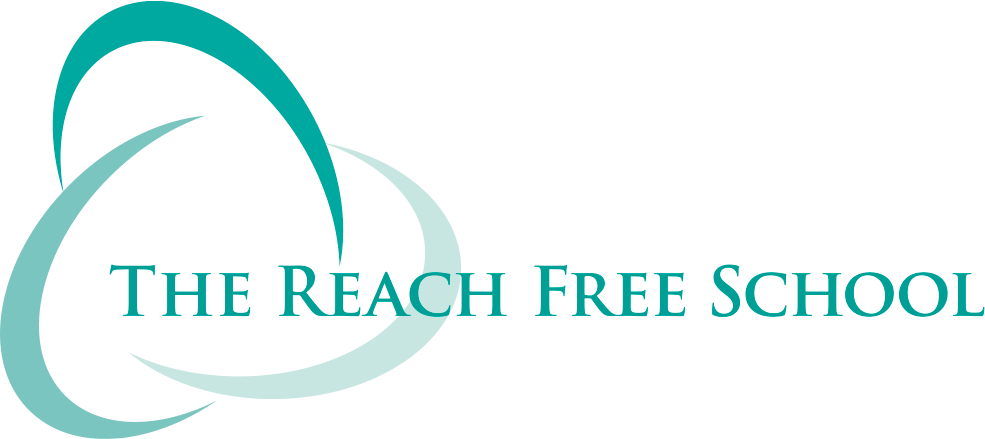SEN Provision
The Reach Free School believes that supporting pupils with special educational needs is the responsibility of every teacher across the curriculum. We have a SEN Information Report which answers many general queries about our SEN provision, and set out below is information about how we implement The Reach Free School Special Educational Needs Policy.
Transition from Primary to Secondary School
All pupils are visited at their primary schools towards the end of year 6 before transferring to The Reach Free School. This provides an opportunity to meet them and their teachers and ascertain the support they may have received at Key Stage Two. For pupils who have been identified as having special educational needs, a meeting with their primary school’s SENCO will also be held. Similarly, to ease the transition process, additional visits to The Reach Free School can be arranged ahead of the new school year to ensure that pupils feel comfortable and familiar with their new surroundings. All year 7 classes have an ‘Assistant Teacher’ for the start of their Year 7 Reach Free journey. This person is also the class form tutor and is pastorally responsible for the class. In addition, they are educated to degree level and support subject specialist teachers to deliver lessons, remaining with their class for the majority of lessons.
Identifying and Assessing Needs
All pupils complete GL Progress Tests when they start at The Reach Free School. These tests give us an indication of the areas in which pupils are likely to need additional support. Similarly, at the end of the first term, all pupils are assessed in each subject to help us identify specific lessons in which pupils may need extra help in terms of differentiated resources or reasonable adjustments. Teachers continue to monitor pupil’s progress throughout their time at The Reach Free school and are equipped to identify and support new and emerging needs that may appear.
Sharing Information
All pupils with Special Educational Needs have a Pupil Profile. This is a one-page document that shares the pupil’s experience of their special educational need/s and how best to support the pupil. These are constructed in collaboration with pupils and their parents, guardians or carers and reviewed periodically throughout the academic year.
Reviewing Targets and Outcomes
Pupils accessing ‘Targeted Support’ or above have a Support Plan which is again established with the pupils and their parents, guardians or carers. Support Plans contain clear outcomes to help pupils make progress and enable the effective review of evidence-based interventions and specialist advisory support.
Differentiating the Curriculum
It is important to us that all pupils access their lessons and this sometimes means making changes to resources, content or arrangements to support pupils’ needs. The Reach Free School, for the most part, tries not to withdraw pupils from their classes, instead ensuring that work within each class is accessible and achievable.
Social and Emotional Wellbeing
At The Reach Free School staff and pupils get to know each other really well and a nurturing, supportive atmosphere is quickly established. In addition, pupils receive pastoral support via the House System. On joining The Reach Free School, pupils are placed into a House and remain in their House throughout their time at The Reach Free School. Each house is supported by a Deputy Head of House and a Head of House. In year 7, classes have a subject specialist teacher as well as an Assistant Teacher who is also their Form Tutor. This ensures that all pupils have access to adult support as well as that from their peers.
DSPL Area 9
What is Delivering Special Provision Locally (DSPL)?
DSPL is a Hertfordshire-wide partnership approach where parents, staff in early years settings and schools, further education colleges, local authority officers and representatives from other agencies, work together as part of an Area Group, reviewing and developing the range of provision and support services available to their local community that :
Meets the needs of children and young people with special educational needs and/or disabilities (SEND), aged 0-25, as close to home as possible.
Improves outcomes for wellbeing and attainment
Widens choice for children and parents/carers
Removes barriers to learning
Uses resources more effectively
Please click here for the Local Offer website.

